 Apple acknowledges that portable media players, a class of products which includes the iPod, can cause hearing damage, according to a newly published patent application filed by the company. The application describes a method of reducing the risk of hearing loss. The document, which does not mention the iPod by name, was originally filed one month before a class action lawsuit which alleges the iPod series' design may exacerbate hearing loss.
Apple acknowledges that portable media players, a class of products which includes the iPod, can cause hearing damage, according to a newly published patent application filed by the company. The application describes a method of reducing the risk of hearing loss. The document, which does not mention the iPod by name, was originally filed one month before a class action lawsuit which alleges the iPod series' design may exacerbate hearing loss.
Apple has avoided public discussion of the potential for hearing damage from the iPod, although the manuals for all its computers and other products include a generic warning about safe listening levels. In fact, when the company offered a volume-limiting update for the iPod last year, its official announcement was extremely unusual in giving no reason for the update - it did not mention the possibility of hearing damage.
“Portable media players are becoming pervasive, particularly among relatively younger people. An unintended side effect of using such players is the damaging effect on the users' hearing”, Apple's application states. “Furthermore, since the damaging effect on users' hearing is both gradual and cumulative, even those users who are concerned about hearing loss may not behave... in a manner that would limit or minimize such damaging hearing effects.”
Many manufacturers make devices similar to the iPod series, but Apple dominates the market, helped by its iTunes music and video download service. This high profile means Apple has attracted the lion's share of attention directed at hearing loss concerns and other issues surrounding portable media players and digital audio players.
Software-based protection for your ears
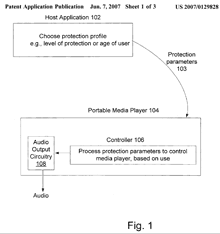 Apple's patent application describes a software-based system which limits a headphone user's exposure to loud music. The technology tracks the listener's exposure to sound over time, so it can enforce 'recovery periods', during which volume is reduced further and the ears are given a chance to rest after being exposed to particularly loud segments.
Apple's patent application describes a software-based system which limits a headphone user's exposure to loud music. The technology tracks the listener's exposure to sound over time, so it can enforce 'recovery periods', during which volume is reduced further and the ears are given a chance to rest after being exposed to particularly loud segments.
The system can also be set up to take account of the characteristics of various headphone designs, and adjust the volume accordingly. For example, 'in ear' headphones or earbuds are effectively louder than other types. The invention also might also be made tamper-proof the inventors say.
Other features include protection profiles based on the age of the user or the type of music. The system attempts to adjust volume appropriately before a track begins playing.
Class action case claims millions at risk
The patent application was published last week, but it was originally filed in December 2005. Less than two months later, in January 2006, lawyers filed a proposed class action suit against Apple in California.
The lawsuit alleges that Apple’s "digital music and video players – known as the iPod series - are defectively designed and do not provide sufficient warning against possible hearing loss.”
The iPod's 130db maximum output was louder than an air raid siren, claimed Hagens Berman Sobol Shapiro, the law firm which filed the US class action suit.
In 2002, Apple began reducing the maximum volume of iPods sold in Europe to comply with new EU hearing protection regulations. The EU iPods are limited by a software setting to a maximum of 100db. However, users swiftly developed methods to remove this restriction.
Following the lawsuit, and questions from US congressman Ed Markey, Apple updated iPod software in March 2006 to allow users to set a maximum volume limit. This update includes a parental lock feature to prevent children from removing that limit. Apple's announcement of this change included no explanation of the reasons for it, and no comment on claims that its products might cause hearing damage.
Further Reading
Apple sued over iPod related hearing loss (Ars Technica)
Congress wants to know if your iPod is making you deaf (Ars Technica)



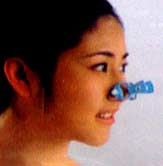


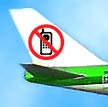

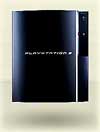
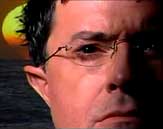
Ipod causes hearing loss
I thought it was common sense that listening to music at high levels in an enclosed space (ie - automobile) or with a headset of some kind was to put yourself at risk for hearing loss. Unfortunately, most people don't care until they lose their hearing. This sounds like a case of people not wanting to accept responsiblity for their own actions.